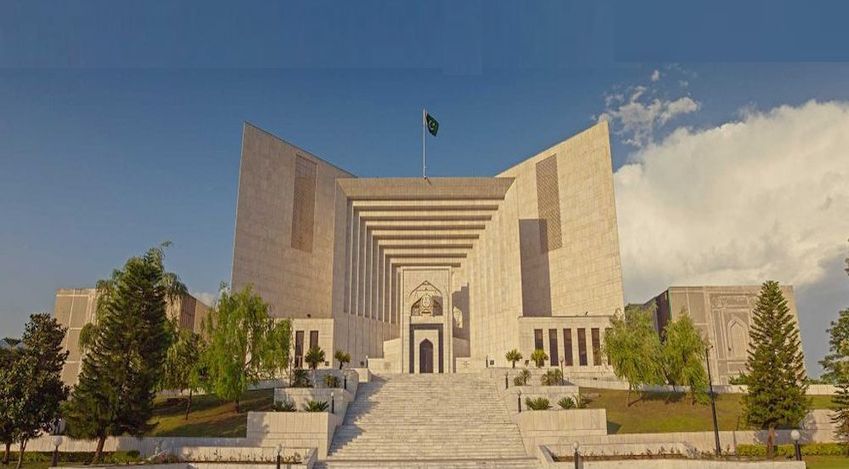The High Courts do not possess Suo Motu Powers, and their rulings must align strictly with the relief sought in the Petitions --- Supreme Court of Pakistan
Islamabad 23-11-2024: In a significant ruling, the Supreme Court of Pakistan has set aside a controversial decision of the Islamabad High Court (IHC) regarding land allotments by the Federal Government Employees Housing Authority (FGEHA). The apex Court found the IHC had exceeded its jurisdiction by making decisions not sought in the original petitions, declaring parts of its ruling as unconstitutional and violative of the principles of natural justice.
The case revolves around disputes concerning land allotment policies of FGEHA, which develops housing schemes for federal government employees under the Federal Government Employees Housing Authority Act, 2020. Initially, the allotment of plots in Green Enclave-I, Bara Kahu Extension Scheme, and Sectors F-14/15 in Islamabad was based on a “first come, first serve” policy. However, the policy was later amended to prioritize seniority and age, favoring retiring and retired employees.
The policy shift created conflict between members of two distinct groups:
- Drive I Members: Original applicants under the first come, first serve policy.
- Drive II Members: Newer applicants under the revised seniority-based policy.
Several writ petitions and appeals were filed in the Islamabad High Court (IHC), challenging the allotment process, revised policy, and suspension of allotments to certain groups, including judicial officers.
The Supreme Court of Pakistan held that the Islamabad High Court (IHC) overstepped its jurisdiction by invalidating FGEHA’s Revised Policy, which was not directly challenged in the petitions before it. The judgment emphasized that High Courts do not possess suo motu powers, and their rulings must align strictly with the relief sought in the petitions.
The Supreme Court of Pakistan criticized the Islamabad High Court (IHC) for deciding the matter without providing affected parties, including the federal government, FGEHA, and beneficiaries of the Revised Policy, an opportunity to be heard. This was deemed a violation of Article 10A of the Constitution, which guarantees the right to a fair trial and due process.
The judgment reaffirmed the principle of separation of powers, noting that the judiciary cannot interfere with legislative or executive functions unless specifically authorized by law. The Court warned against judicial overreach, which undermines governance.
The appeals and writ petitions, including the Ednan Syed Appeal and WP 2949, were restored to their original numbers and sent back to the IHC for fresh adjudication within 90 days.
The Supreme Court of Pakistan directed the Islamabad High Court (IHC) to hear all affected parties, including those who benefitted from the Revised Policy. The Court emphasized that the High Courts must confine their rulings to issues raised in petitions, ensuring adherence to constitutional limits.
This landmark judgment underscores the judiciary’s responsibility to uphold due process and constitutional boundaries while addressing public grievances. The decision is expected to provide clarity on the limits of judicial review and reaffirm the rights of government employees investing in housing schemes.
Powered by Froala Editor








